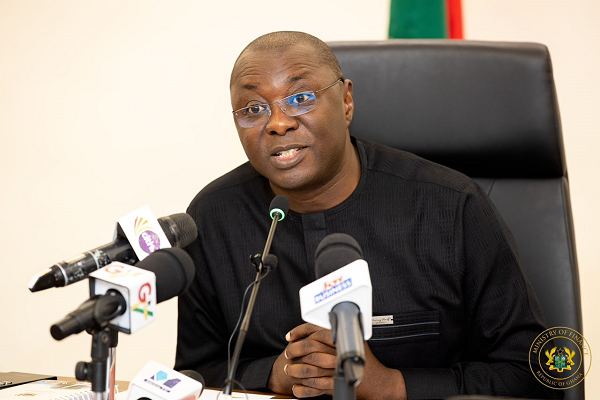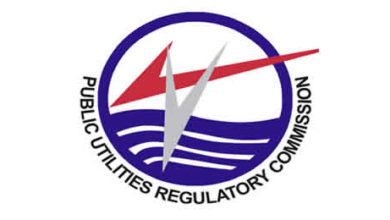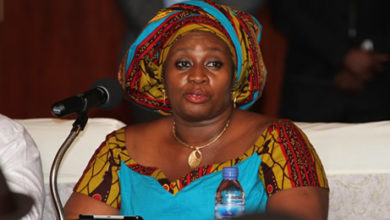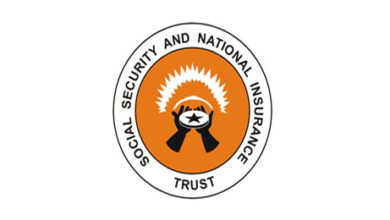President Akufo Addo on Founders’ Day
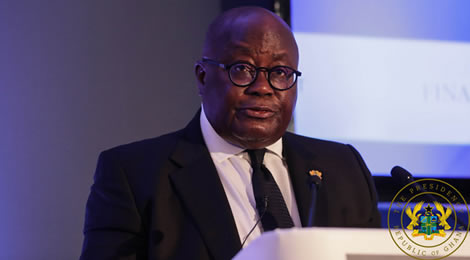
The President of the Republic, Nana Addo Dankwa Akufo-Addo, says Founders’ Day is the most appropriate day to signify Ghana’s recognition and appreciation of the collective efforts of her forebears towards the founding of a free, independent Ghana.
According to President Akufo-Addo, “Government believes that the most appropriate way to honour them is to commemorate the day on which the two most significant events in our colonial political history, that led us to freedom and independence, occurred – 4th August.”
The President made this known on Sunday, 4th August, 2019, at the luncheon for Senior Citizens, on the occasion of the celebration of Founders’ Day, at the Accra International Conference Centre, Accra.
Addressing the gathering, the President bemoaned the fact that 62 years after independence, the history of the events of 4th August continue to be embroiled in needless controversy, due largely to partisan political considerations of the moment.
“It is time we rose above partisan considerations, set the record straight, recognise the collective efforts in gaining our freedom and independence from colonial rule, reject the trivialisation of our past, and do right by our history. I am glad that this date has now found root in our nation’s calendar by Act of Parliament, and long may it so continue,” he added.
Recounting the events that led to the imperialist annexation and division of Africa in the Treaty of Berlin in 1884, and the Trans-Atlantic Slave Trade, President Akufo-Addo noted that “we, in what was then the Gold Coast, did not escape these events, indeed, we were at the very heart of the obscene trade.”
He continued, “It was here that 75 per cent of the slave dungeons on the West coast of Africa were built, and it was through them that the slaves were transported, and we became a British colony after the signing of the Bond of 6th March 1844.”
Formation of ARPS
The formation of the Aborigines Rights Protection Society on 4th August, 1897, in Cape Coast, according to President Akufo-Addo, marked the start of the struggle for national independence.
The Society, he explained, was formed to resist the application and implementation of the 1897 Crown Lands Bill, which sought to sequestrate and expropriate the country’s alleged public lands to the benefit of the British Crown.
“The Society mobilised the Chiefs and people and public opinion in the Gold Coast to agitate against this pernicious legislation… Their agitation forced the colonial power to withdraw the Bill, and the ownership of our lands was never in issue again during the rest of the colonial period,” he added.
The Ghanaian people, President Akufo-Addo stressed, would appreciate the importance of the agitation of the ARPS when “we remember that the very same objectives of the Crown Lands Bill were introduced at the same time, and became law in countries like Kenya, South Africa, Zimbabwe, Zambia and other British colonies in southern and eastern Africa, which changed the course of their history.”
The names of the patriots of the ARPS – Jacob Sey, Joseph Casely Hayford, John Mensah Sarbah, Kobina Sekyi, J.W. de Graft-Johnson, J.P Brown, and their colleagues were the men who stood up to defend our heritage, and establish the platform for our future advance to freedom – the President indicated, must be etched boldly in the annals of Ghanaian history.
Formation of UGCC
The second of the two significant events in the struggle, after the agitations of the 1920s, 1930s and early 1940s, President Akufo-Addo said, then occurred on 4th August, 1947, exactly fifty years later to the day of the formation of the Aborigines Rights Protection Society, i.e. the formation of the United Gold Coast Convention, the first political party in our country.
The UGCC, he explained, was the first to make a formal demand for independence, indeed, the first time any such demand was made in colonial Africa, a demand made eleven (11) days before the declaration of India’s independence on 15th August, 1947.
“The inauguration initiated the process for our nation’s attainment of independence, and for the tumultuous events that ushered us into freedom,” he added.
The Christiansborg Crossroads shootings, six (6) months after the formation of the UGCC, on 28th February, 1948, by the infamous British policeman, Superintendent Imray, and the colonial police, of three unarmed, heroic ex-servicemen, Sergeant Adjetey, Corporal Attipoe, Private Odartey Lamptey, demonstrating to present their grievances to the colonial Governor, aroused the wrath of the nation, sparked country-wide riots, and deepened immeasurably the demand for national independence.
Out of it came the arrest of the legendary “Big Six”, who were described by Aitken Watson as the six most active members of the Working Committee of the UGCC – Joseph Boakye Danquah, Emmanuel Obetsebi Lamptey, Edward Akufo-Addo, Ebenezer Ako Adjei, William Ofori-Atta, Kwame Nkrumah – and the institution, by the Atlee Labour Government, of the Watson Commission, under the chairmanship of the Scottish solicitor, Aiken Watson, to inquire into the circumstances of the disturbances.
According to President Akufo-Addo, in the midst of those heady days, Kwame Nkrumah, the General Secretary of the UGCC, together with some of his colleagues resigned from the Convention to form the Convention People’s Party in 1949, which, subsequently, became the main vehicle for the prosecution of the nationalist struggle.
“He led it with panache and verve, and, on 6th March, 1957, led us to our promised land of independence, of freedom and justice, for which the Ghanaian people will always be grateful to him – hence his memorialisation on a special day, Kwame Nkrumah Memorial Day, the only Ghanaian to be so honoured,” he added.
Change structure of economy
As a mark of reverence to our forebears, President Akufo-Addo stated that “we must work to free ourselves from the economic arrangements designed by the former colonial power to serve its particular purpose at the time, which continue to bind us. We must make concerted efforts to break away from the neo-colonial structure of the raw material producing and exporting economy, which has, largely, been our lot.”
As President of the Republic, the President reiterated his commitment to make his leadership of Ghana the period that witnessed the laying of the foundation for the transformation of the economy from an exporter of raw materials and retailer of cheap imported goods to a modern, value-adding, industrialised one.
“In two and a half years of being in office, we have made modest gains in every aspect of the Ghanaian economy, and our goal remains the same – to enhance the dignity of the Ghanaian, and lift up the standard of living of each and every citizen,” he added.
His Government, President Akufo-Addo noted, is committed to affording all Ghanaians the opportunity and the chance to live a rounded, dignified life, as part of a society in which choice, talent and hard work flourish.
“We will continue to work assiduously to provide each Ghanaian with a decent education, a decent healthcare system, a decent job, a decent home, an adequate safety net for the vulnerable and marginalised, and a decent retirement, and to live in an atmosphere of freedom, security, law and order,” he said.
The President continued, “That is what the Founders of our nation envisioned for us as our goal. Let us all put our shoulders to the wheel, and drive our nation to its destination, a united, developed, prosperous, free, democratic and independent Ghanaian nation.”


